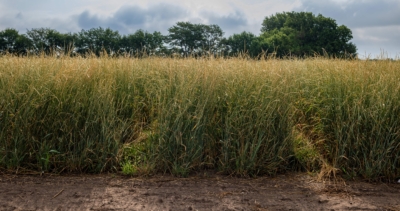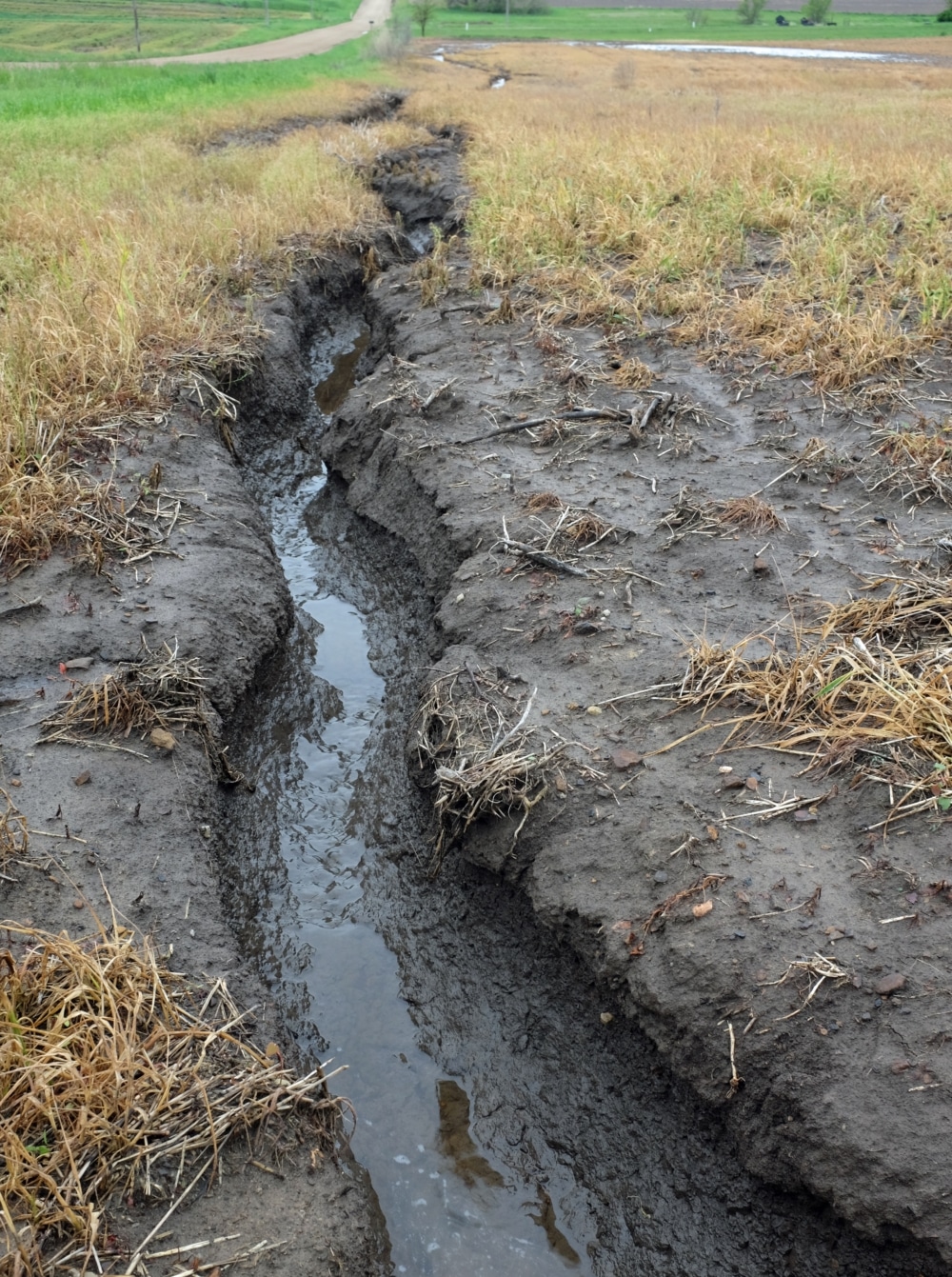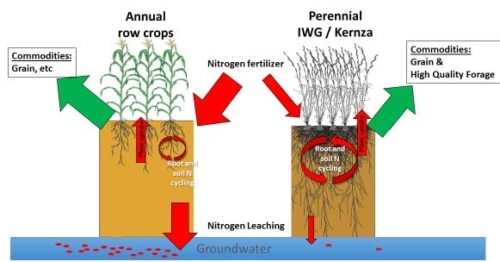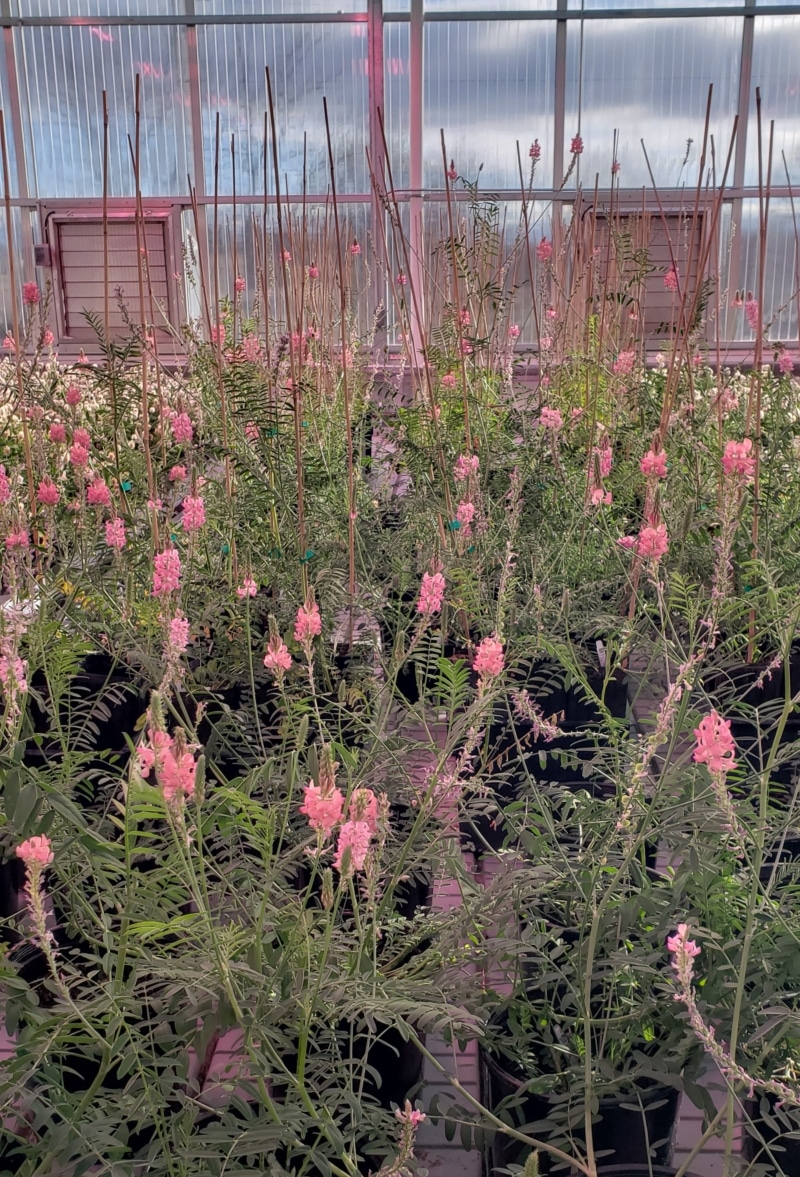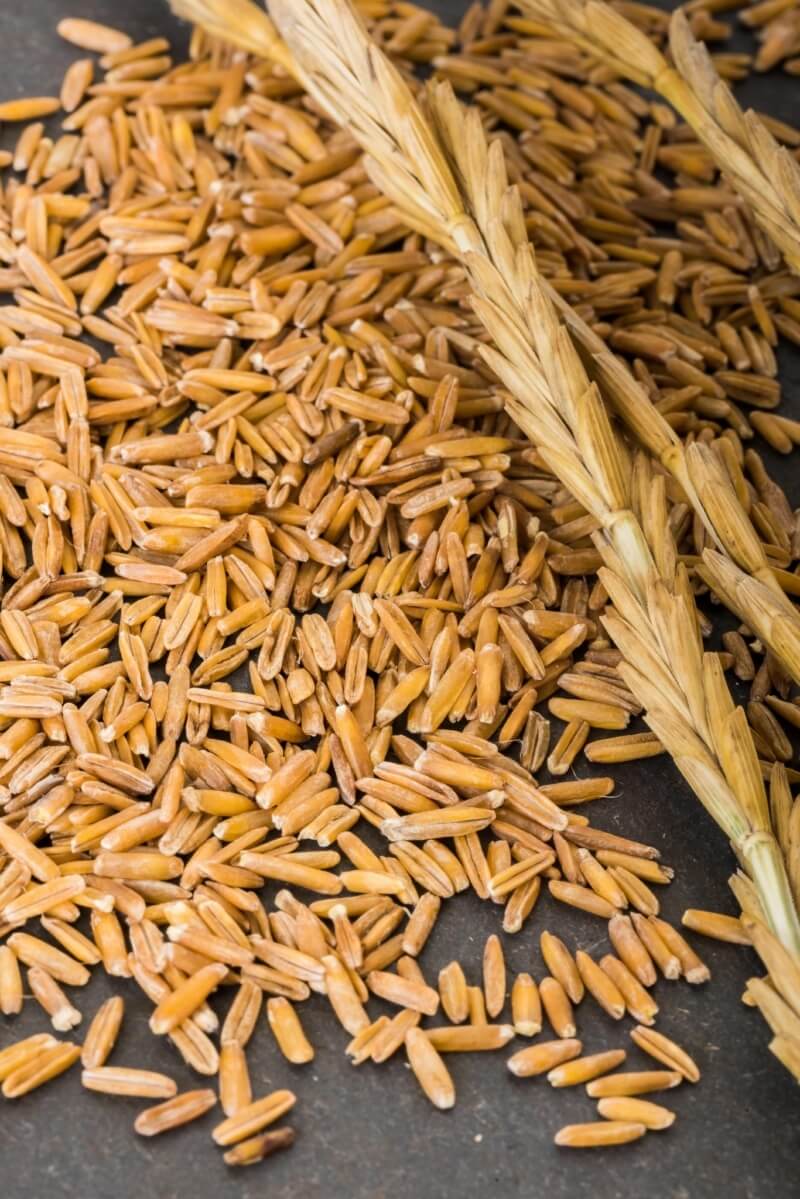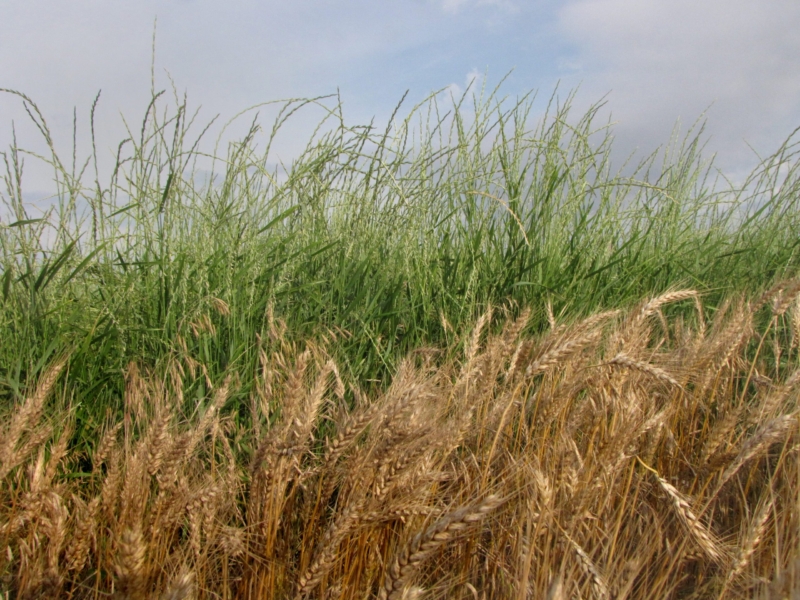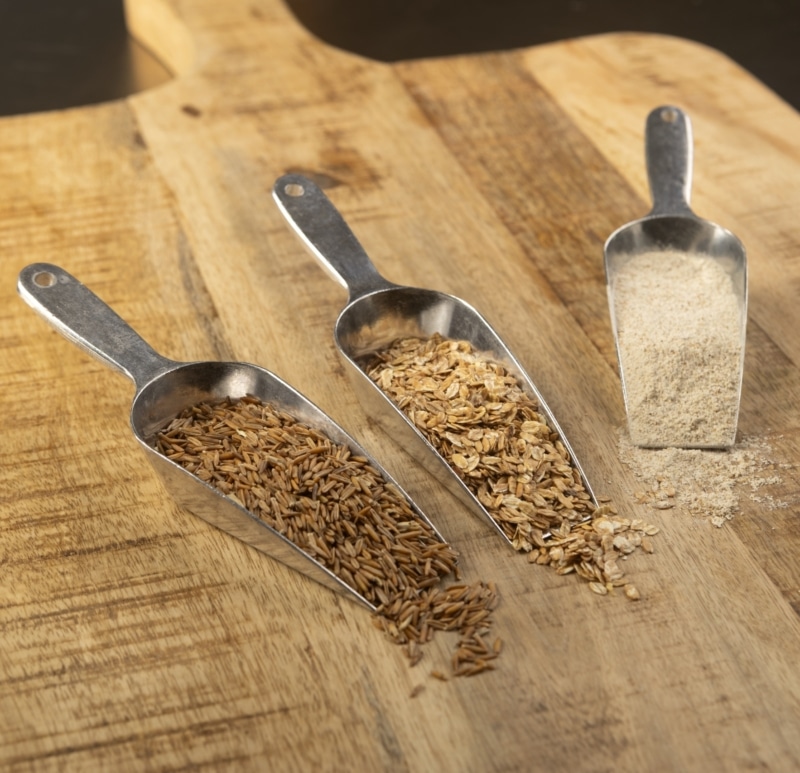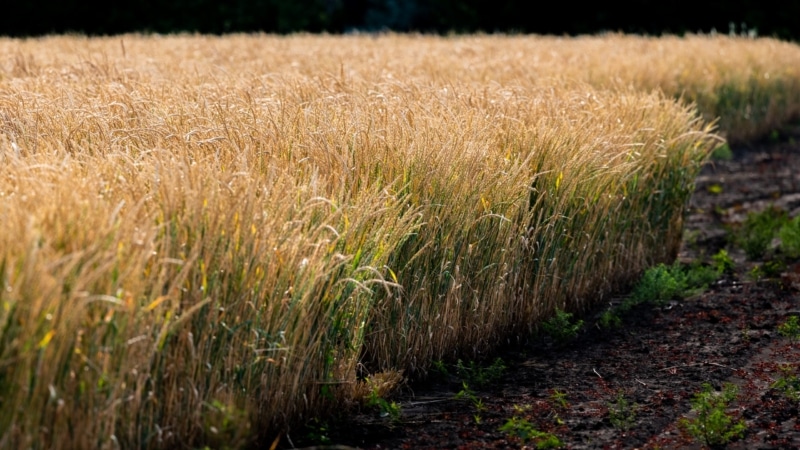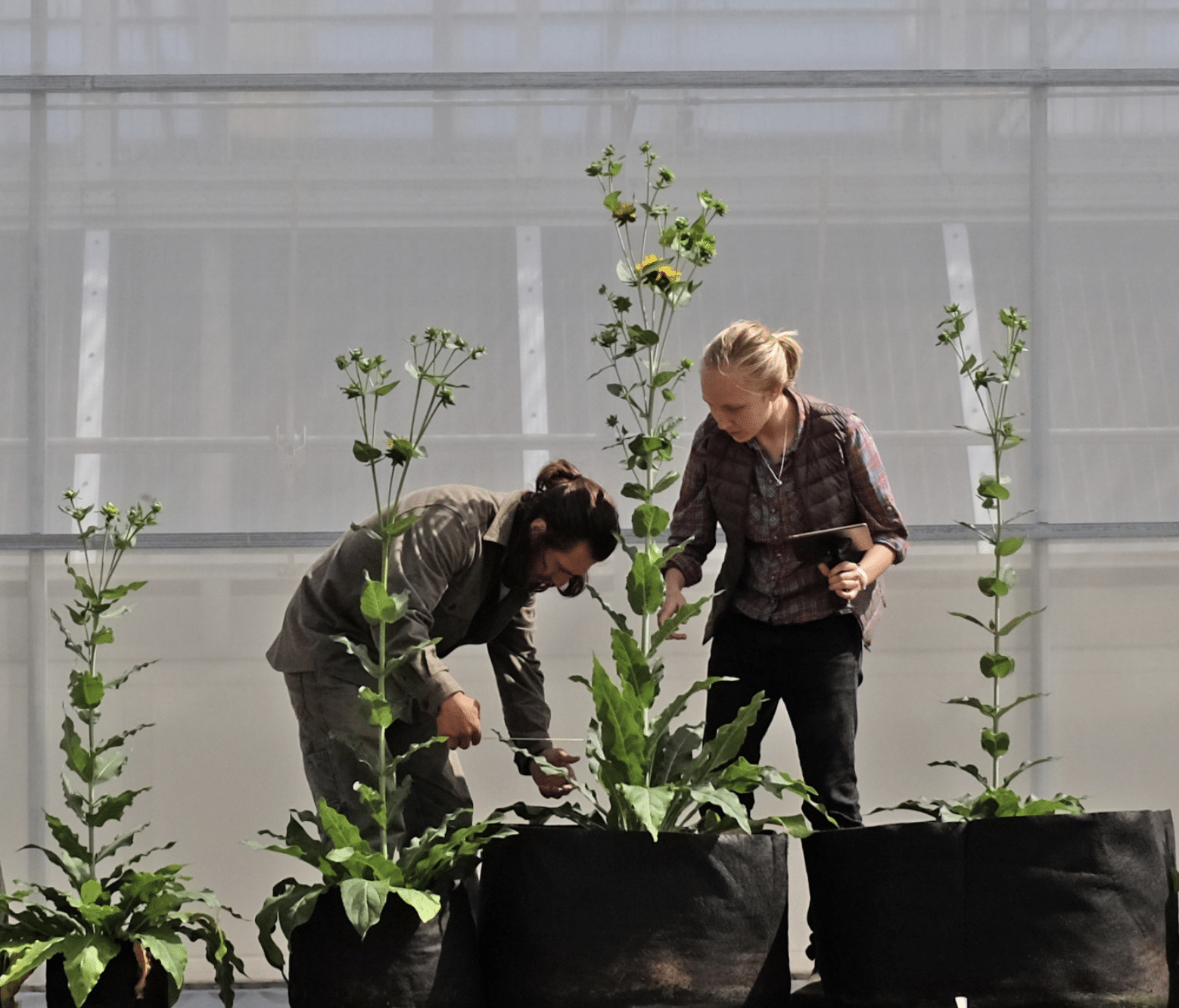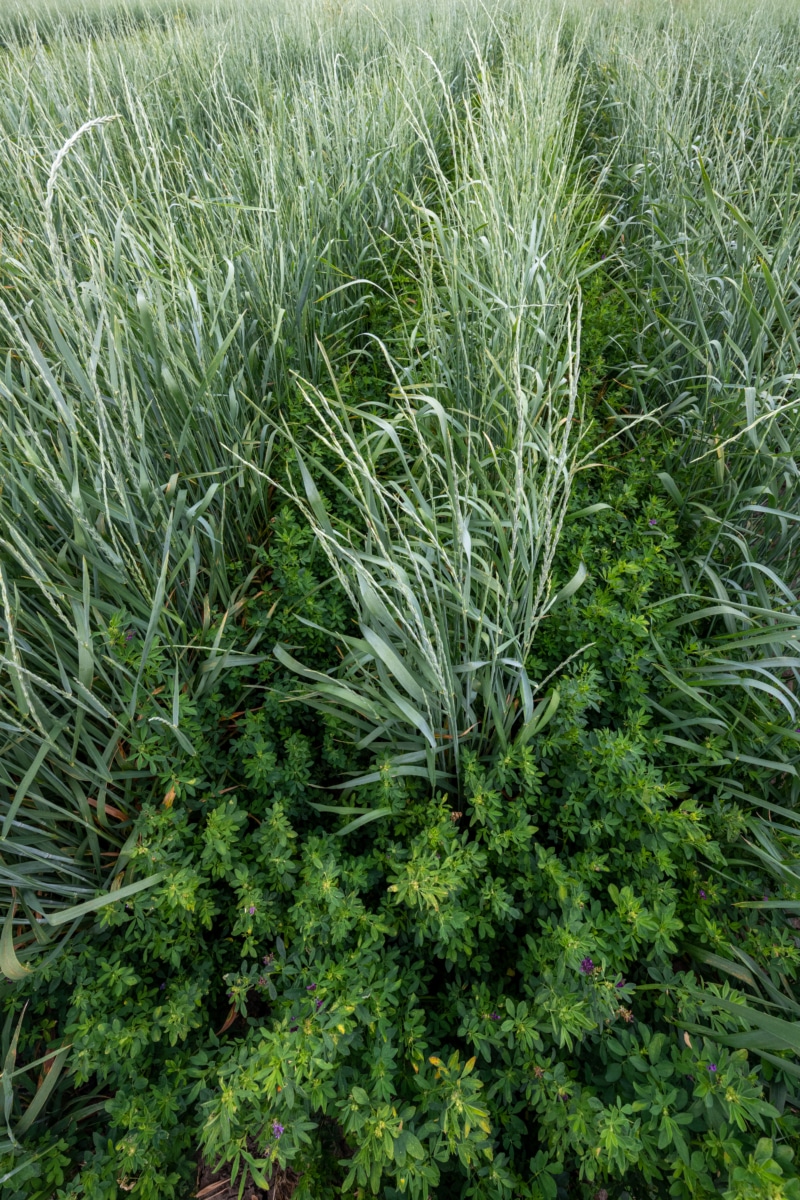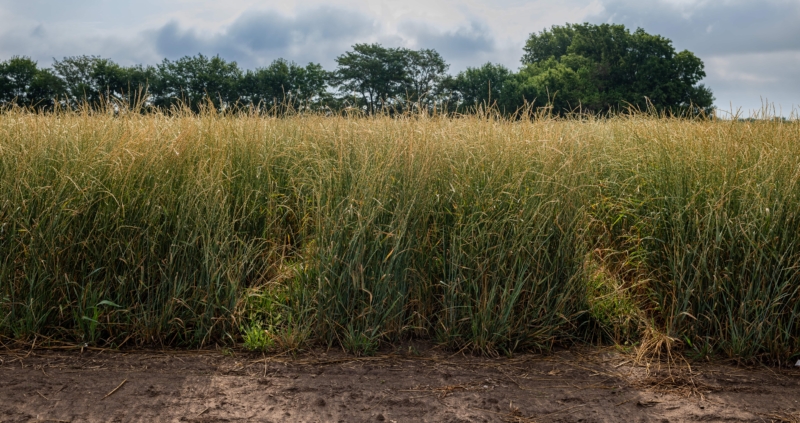The world faces significant challenges in meeting the basic nutritional needs of over 9 billion people by 2040, especially with our limited land and water resources. As the population increases and the climate changes, creating a more resilient and productive agricultural system will further strain our finite water supplies.
Nitrogen fertilizers are crucial in growing staple annual crops like corn, soybeans, rice, and wheat. However, nitrate—a highly mobile form of nitrogen—can pollute rivers, lakes, oceans, and drinking water sources by easily leaching from the soil into groundwater and via rain runoff. Many countries, including the United States, Europe, South Korea, and India, experience nitrate groundwater pollution. It is the most common contaminant in public and private water systems in agricultural regions of the US Midwest. Additionally, nitrogen and other excess agricultural nutrients carried by waterways contribute to over 400 marine dead zones worldwide each year.
High nitrate levels in drinking water are associated with increased health risks for infants and certain cancers, leading water authorities to remove these contaminants at a significant cost to communities. Ocean dead zones can also destroy marine fisheries and coastal communities. Farmers need practical and economically sound alternatives to annual row crops and traditional cropping systems.
